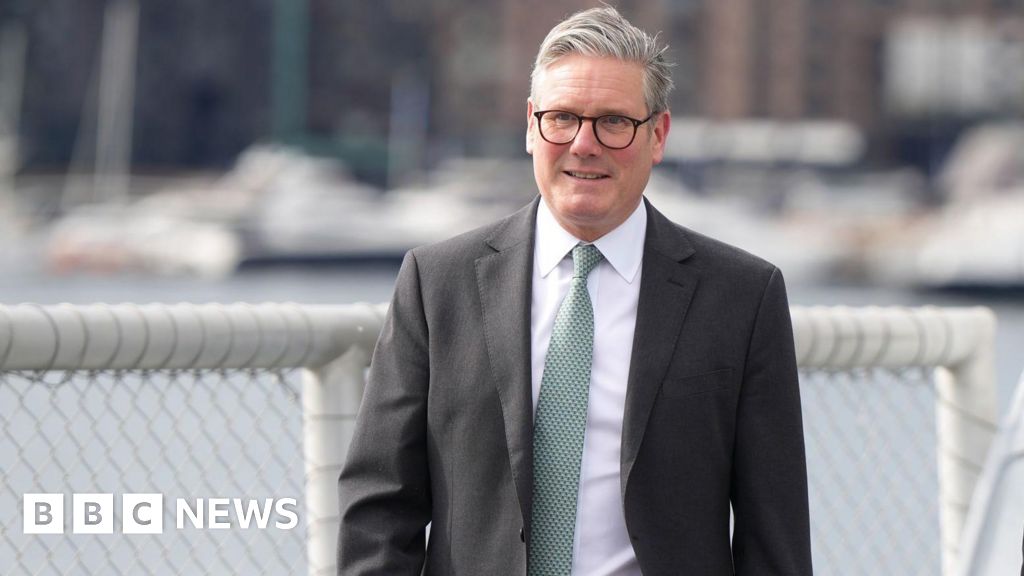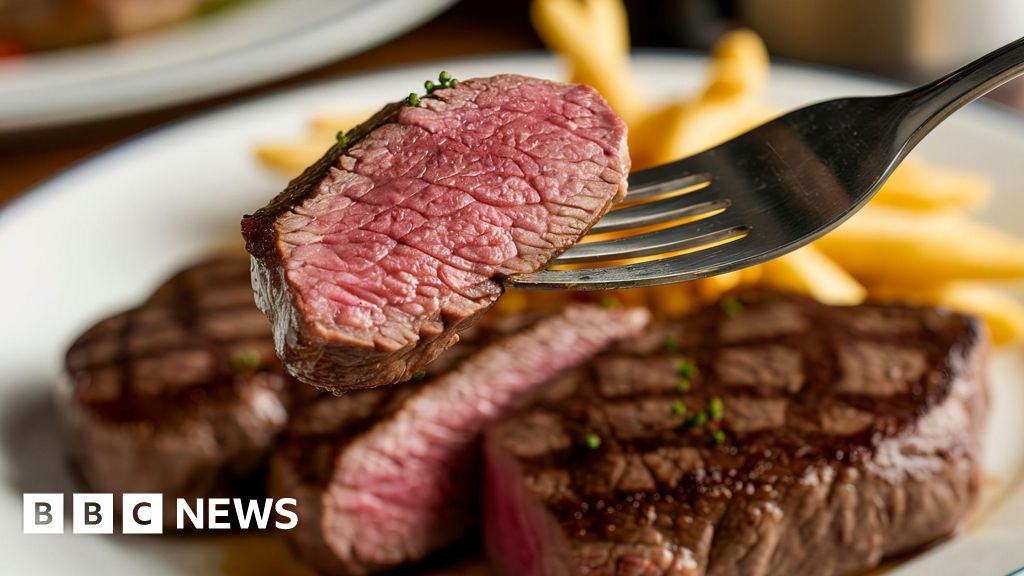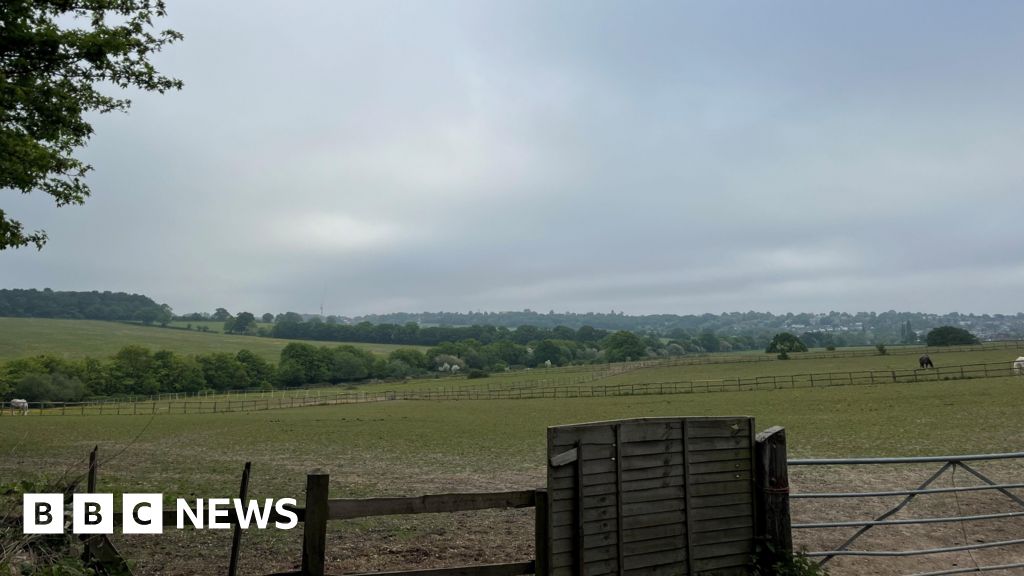ARTICLE AD BOX
By Mary O'Connor
BBC News
Image source, Getty Images
Boris Johnson says his "living with Covid" plan will return people's freedom as he prepares to scrap the legal duty to self-isolate in England.
The prime minister is to meet the Cabinet in the morning before updating the Commons in the afternoon.
Mr Johnson said the end to restrictions would "mark a moment of pride as we begin to learn to live with Covid".
But some scientists urged caution and Labour said Mr Johnson was subbing the "best defender" with 10 minutes to go.
Speaking before Monday's announcement, he said his plan for moving out of the pandemic would bring society "towards a return to normality" after "one of the most difficult periods in our country's history".
No 10 said the success of the Covid vaccination programme had put England in a "strong position to consider lifting the remain legal restrictions".
It added the pandemic was "not over" and the plan for living with Covid would take a "cautious approach" which would retain "some surveillance systems and plans for contingency measures which can be stood up if needed to respond to new variants".
Just over 91% of people in the UK aged 12 and over have had a first dose of a vaccine, 85% a second jab, and 66% a booster or a third dose, according to official data. which has been collated daily since the vaccine rollout began in December 2020.
Earlier this week, the government announced it would offer a low-dose Covid vaccine to children aged between five and 11 in England during April. Northern Ireland, Wales and Scotland have also said they will be offering young children the same vaccine.
The prime minister's announcement will come a day after Buckingham Palace revealed the Queen, 95, had tested positive for Covid.
The monarch was said to be experiencing "mild cold-like symptoms" but expected to continue "light duties" at Windsor over the coming week.
The legal requirement to self-isolate for a fixed period after testing positive in England has been in place ever since mass testing was rolled out. Before that, most Covid testing was limited to people as they arrived in hospital with symptoms, so self-isolation was not an issue.
Currently positive or asymptomatic people have to isolate for up to 10 days, but can end their isolation earlier if they register negative lateral flow tests on both days five and six.
Mr Johnson said on Sunday that Covid testing would take place at a "much lower level" after revealing £2bn was spent on the system in January alone.
Community PCR testing for people with symptoms was expected to stop under the new plan, but it is unclear whether the availability of free lateral flow tests will be reduced.
The plans would also see councils in England become responsible for manging Covid outbreaks using existing powers.
The Office for National Statistics infection survey, which randomly tests a sample of the population, is also expected to be replaced with a slimmed down surveillance programme.
The expected axing of remaining virus restrictions is likely to appeal to some backbench MPs who had been critical of retaining any measures after the end of the third England-wide lockdown last July.
Last year, Mr Johnson faced the largest backbench rebellion of his premiership when nearly 100 Tory MPs voted against plans for Covid passes in England.
On Sunday, the UK recorded another 25,696 new infections and a further 74 deaths within 28 days of a positive coronavirus test - although Sunday figures do tend to be among the lowest of any typical week.
Watch Boris Johnson's response when asked if it's too soon to end mandatory self-isolation when testing positive
Labour's shadow health secretary Wes Streeting said the decision was "like being 2-1 up with 10 minutes left of play and subbing your best defender", adding: "We are not out of the woods yet".
Some scientists, health leaders and charities helping vulnerable people have also voiced concern at the plans to lift all legal restrictions.
Plan B measures - introduced in December to stem the spread of the Omicron variant - including the requirement to wear masks in public places and the use of Covid passes for large events, were abolished in England last month.
Throughout the pandemic, England, Scotland, Wales and Northern Ireland have moved at different speeds in introducing or relaxing restrictions.
In Northern Ireland, all remaining Covid measures - such as Covid certificates in nightclubs, face coverings, and limits on gatherings in homes - stopped being legally binding on Tuesday.
In Scotland, First Minister Nicola Sturgeon will update MSPs on the pandemic on Tuesday. Legislation covering face coverings and vaccine passports has been due to expire next Monday but earlier this month ministers extended it for another six months.
At-a-glance: England's changing Covid curbs
Image source, Getty Images
- March 2020: First national lockdown announced
- May to July 2020: Roadmap out of lockdown, leading to lifting of many, but not all, restrictions
- September to October 2020: Restrictions including the "rule of six" and regional tiers introduced
- November 2020: Second national lockdown, intended as a "firebreak" to slow a noticeable rise in hospital admissions
- December 2020: Tiered system returns with new tier four and specific guidelines covering Christmas
- January to March 2021: Third national lockdown
- March to July 2021: Roadmap out of lockdown, but this time with almost all measures removed
- December 2021 to February 2022: "Plan B" measures put in place in response to the Omicron variant

 3 years ago
66
3 years ago
66








 English (US) ·
English (US) ·